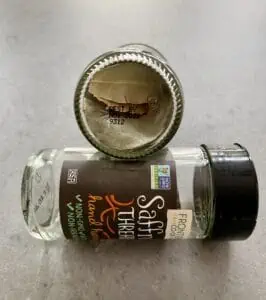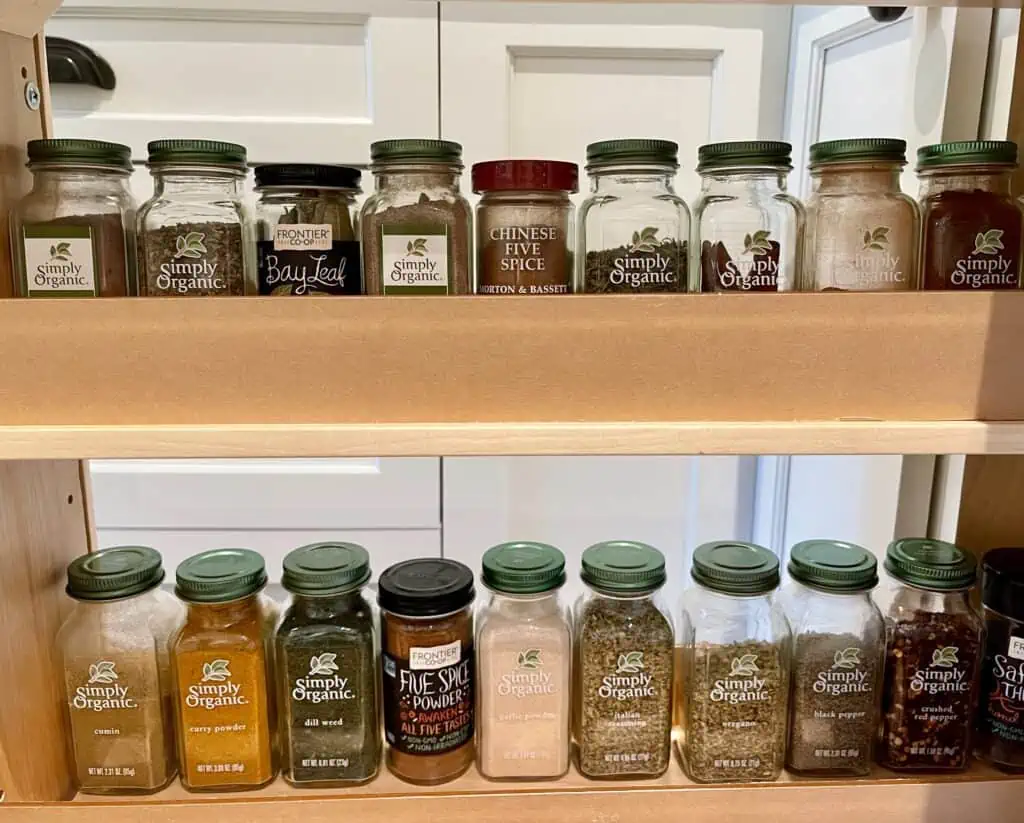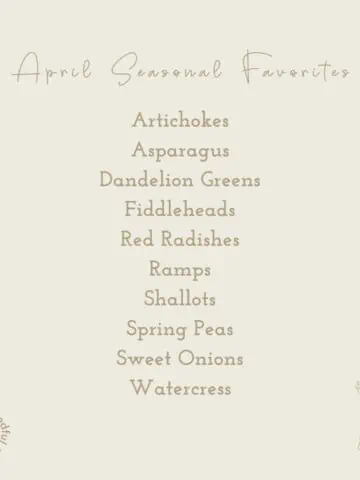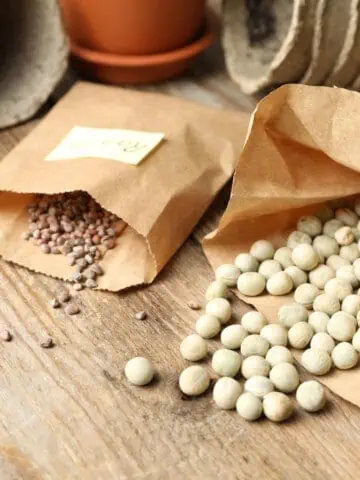
Spices 101: What To Look For When Choosing & Storing Spices can help you whether you're a newbie or an experienced cook. You're probably like the rest of us and only buy new spices when a recipe calls for it. Most often, though, it's a pressured purchase with little time to research. You face a wall of seasonings in the market and grab any brand once you find the spice you are searching for. But, since they can stick around for a couple of years, it's best to research and choose your spices wisely. Otherwise, you will end up with a cabinet full of spices you wish you had never purchased.
Tips for Choosing & Storing Spices:
Choose an Organic brand.


Read the labels - look for NON-Irradiated, NON-GMO, and NON-ETO.
Buy whole spices and grind using an electric spice grinder or by hand with a Mortar & Pestle.


Look for the Fair Trade Seal.
Buy specialty spices from local ethnic markets or online.


Check the purchase date on the bottom and discard it when expired. If no date shows, mark it with the purchase date and discard it within 2 years.
Make your own blends to favor your taste buds & save money (Re-use old spice jars or buy new & label your blend).


Go through the spices you already have and ditch the ones that have expired. They do lose their freshness!
Buy smaller bottles. Always store in a cool, dry, and dark cabinet/drawer to prolong the life of spices.

Did you know that more than 60 countries allow irradiation of food, including the United States and Canada! Want to learn more, read about Irradiated Spices by Kitchen Stewardship.

What are the most common spices?
When stocking a spice cabinet, it's important to choose some of the most common spices, as they will come in handy for many recipes. Use this list as a great beginner guide:
- sea salt
- peppercorns
- garlic powder
- Italian seasoning
- basil
- cilantro
- celery seed
- oregano
- rosemary
- thyme
- cumin
- coriander
- dill
- chiles
- allspice
- cloves
- cinnamon
- vanilla
- ginger
- fenugreek
- turmeric
How can I purchase spices that are sustainable?
It's essential to be mindful when choosing spices. Like many of the other ingredients you use when cooking, there are companies with more environmentally conscious ways of growing, harvesting, and shipping spices. It is wise to support companies that are doing the right things. Read more about Sustainable Spices by Rachel Phipps, a contributing writer in our community section.





Comments
No Comments